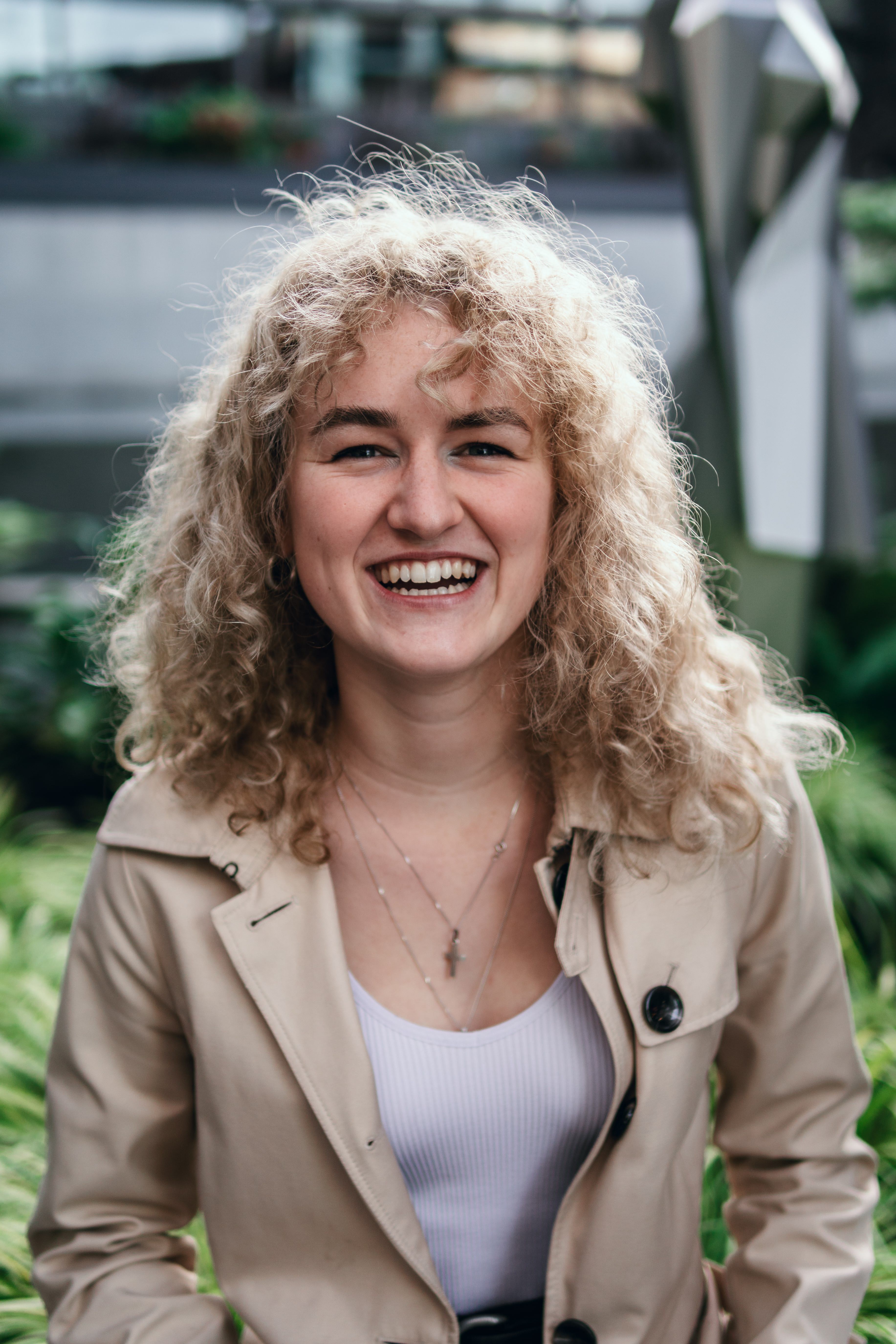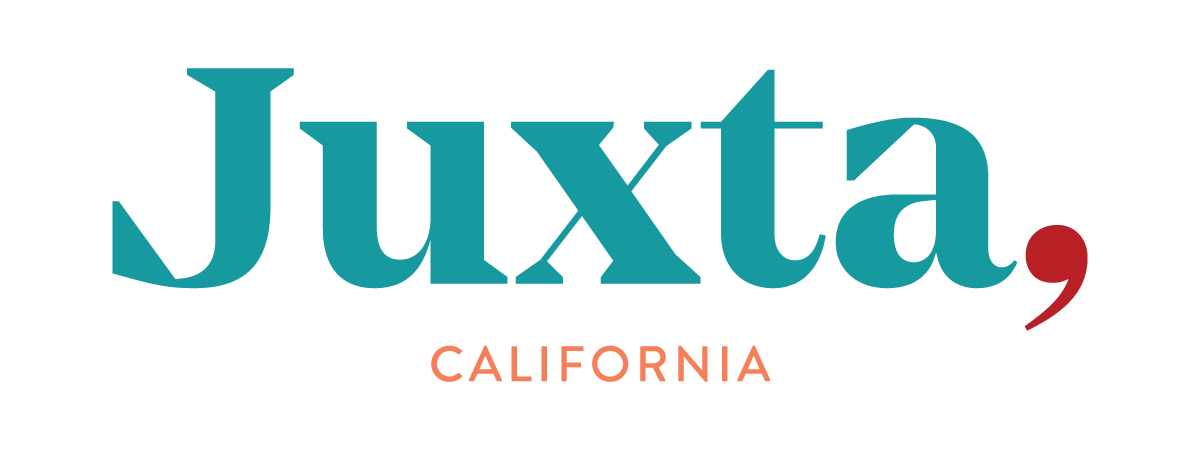Co-Occurring Disorders Counseling
 Sound Familiar?
Sound Familiar?
Mihaela was diagnosed with depression when she was in high school and was prescribed Prozac by her doctor. She found that the Prozac helped her symptoms, but she still wondered if she could feel any better. That is to say, there was a sort of dulling of particularly difficult battles with depression, but she really still felt a low-level malaise most of the time. She recently started his freshman year of college and her roommate introduced her to a medication used to treat ADHD, which Mihaela discovered was a stimulant. She could take the medication and feel better and focused and alive — she even referred to it as “feeling on fire” now and again, particularly as it regarded her ability to get so much done. However, her behavior was starting to turn reckless — she was taking risks, at times excessively driven to the point of others wondering whether she was something called “manic,” and to top it all off — her depression came back with a ferocious intensity when she’d run out of ADHD meds. Her roommate was worried that Mihaela might be falling off the deep end.
Suzie hates going out and being in large crowds. She doesn’t know whether or not she has social anxiety, but she often thinks it is a possibility. Suzie has found that if she will get high before going out she can usually have a good time. However, she is noticing that it seems to take more and more marijuana to help her relax. And, when she isn’t high she feels even more on edge than before. She has spent several days where she was high from the moment she woke up to when she went to bed. And, last week she actually missed a shift at her job because she overslept from being stoned.
Jack was diagnosed with PTSD after returning to the states from a deployment in Iraq. He has had trouble getting into see anyone through the VA and his symptoms are increasing. At night he wakes up in a fright from night terrors and he’s even had several panic attacks in the last few months. He had been prescribed Valium after a surgery on his back a few years ago and still had the medication — when he discovered its presence under the sink last week, he started taking it to help himself relax. Though it seemed to work, he scared himself when it ran out — he was at a friend’s house and feeling anxious and panicky, so he excused himself to the restroom. While washing his face, he couldn’t resist his curiosity and opened the medicine cabinet where he saw his friend’s bottle of Xanax. He stole half the pills and has been taking them regularly since. Sadly, they work to relieve his immediate anxiety, but he doesn’t feel like himself and his stealing is out of character. He read online that some anti-anxiety medications are habit-forming. Now he’s worried he’s got two problems — his original PTSD/panic and a budding addiction issue.
Co-Occurring Disorders Defined.
Essentially, the term “co-occurring disorder” is used to refer to a situation where someone has both an alcohol/drug problem and another concurrent mental health diagnosis or concern. If you are struggling with addiction, it may be helpful to know that there is a higher likelihood you also have a mental health concern. And, conversely, if you have mental health diagnosis you are more likely to use drugs or alcohol. Some of the most commonly co-occurring diagnoses with substance abuse include depression, bipolar disorder I and II, schizophrenia, anxiety disorders, and personality disorders, but others can co-occur as well.
The tricky part.
It is generally accepted psychological wisdom that both issues must be treated in order for the person to fully recover, but the fact that they are co-occurring is precisely what makes that difficult. For example, it seems reasonable that a depressed person who takes in large quantities of alcohol is going to have a double struggle because alcohol acts as a depressant to the central nervous system (i.e., even though people often use it to get “high,” in fact, it leaves our bodies with the net outcome of depressed nervous system responses). In other words, for this person, how would they become less depressed if they’re constantly intaking depressants? And worse, a severely alcohol-addicted person may in fact find that on a psychological level (to be differentiated from the physiological level we’re referring to above), it is precisely when they stop drinking that they become depressed! So, all-told, determining whether or not the mental health concern or substance use problem occurred first is a bit of the chicken or the egg conundrum. For example, people may use drugs and alcohol to help manage their symptoms or people may develop a psychiatric disorders because of the impact drugs and alcohol have had on their neurology. At some level, it may not ultimately matter which issue developed first so long as both are addressed. A Juxta, California therapist can help you determine how to treat both.
 Important statistics about co-occurring diagnosis:
Important statistics about co-occurring diagnosis:
- 5 million Americans over the age of 18 had a mental health condition in the last year. And, 4 million people also struggled with a co-occurring drug/alcohol problem.
- People with co-occurring diagnosis are often functional in the workplace, but it is estimated that 10.6% of people are dealing with substance abuse problems and 10.2% are dealing with a psychological issue, with 2.4% experiencing both.
- More than 50% of people diagnosed with a co-occurring disorder did not receive any treatment and sometimes as few as 5% of the co-occurring population are receiving treatment for both.
What can be done for a co-occurring diagnosis?
- Seeking help from a licensed counselor is key! Unlike many disorders which may not initially reach the severity level to warrant professional help, generally speaking, if you have more than one mental health disorder, and specifically in this case, if you have an addiction plus another mental help disorder — it’s time to get help. It is difficult to treat the symptoms of substance abuse and a mental health diagnosis on your own. Meeting with a trained professional who can help you understand what you’re experiencing and develop coping skills to manage your symptoms is paramount in recovery.
- Get Support. However, this does not mean that you should not do things in your day-to-day life outside therapy to help yourself. Many people find recovery communities such as AA or NA helpful. NOTE: If you are resistant to this idea, please remember that one of the symptoms of drug and alcohol addiction is to deny that you have it and to rule-out people and places that could help you — literally, failing to get help when it is warranted is one of the symptoms of the disorder. Please let someone help you, even if you have some objections to certain things about recovery programs!!
- Educate yourself. There is a lot of useful information about co-occurring disorders and overcoming substance abuse. The more you know and understand about your symptoms the more you can manage the triggers and how you respond.
- Stick to it. Once you begin treatment and see a decrease in symptoms you might think that you don’t need to take medication, see a counselor, go to group, etc. This is a natural line of thinking, but try to remember — you are feeling better because of what you are doing. If you’d like to continue feeling better, you must keep doing what leads to that outcome!
“I think someone I love has a co-occurring disorder.”
Many or most of us have been touched by someone struggling with an addiction and another mental health disorder. If you think that someone you know has a co-occurring disorder, consider the following:
- Be honest. Be honest with both yourself and that person. It is not your job to heal them, you couldn’t even with all the best intentions in the world. And, it is not your job to convince them that they need treatment. While you can be a source of encouragement, it is ultimately up to them to decide if they will go to treatment.
- Set Boundaries. Letting the person know what you will and won’t allow is important. This is also key for both your and their safety. Rather than swooping into save them, which detracts from their ability to see they need help, set clear boundaries with them so they can see that you care and that they need to get professional help.
- Beware Co-Dependence. Co-dependence was a term originally used to define the behavior of individuals who lived with someone suffering from alcohol addiction — the person struggling with addiction was “alcohol dependent” and the other person (typically a partner, parent, or child) was “co-dependent.” Now, it is widely recognized that this dynamic can emerge in many other scenarios as well, and the term co-dependent has enlarged its definition to include them. But the point is that part of the cycle of addiction is the ways it is reinforced by (often well-meaning) family and friends. The best thing you can do to help the person you love is to get help for yourself!
- Get support. Holding worry and care about someone you love who is experiencing a co-occurring disorder isn’t easy. Reach out to get support for yourself so that you can take the best course of action for you and know that you aren’t alone. Talk to a therapist or a trusted friend or family member, and please consider going to Al-Anon or Nar-Anon, programs for the friends and families of addicted persons.
Need some guidance with all of these? We can help!
At Juxta, California counseling, we are aren’t just expert counselors – we’re people too, which means you can expect us to be genuinely interested in you, your story, and your life. We want to get to know the real you. In our work together, honesty with yourself and us comes to characterize the entire healing endeavor. Thus, our relationship itself — that is the work.
There’s nothing else you need to do to prepare. There’s no reason to wait any longer.
Looking for Counseling for Co-Occurring Disorders or Dual Diagnosis Counseling in San Diego?
Reach out today!
Call Us
(858) 227-7719
close. nearby.
alongside.
Location
San Diego, CA
Phone
(858) 227-7719
contact@juxtacalifornia.com

